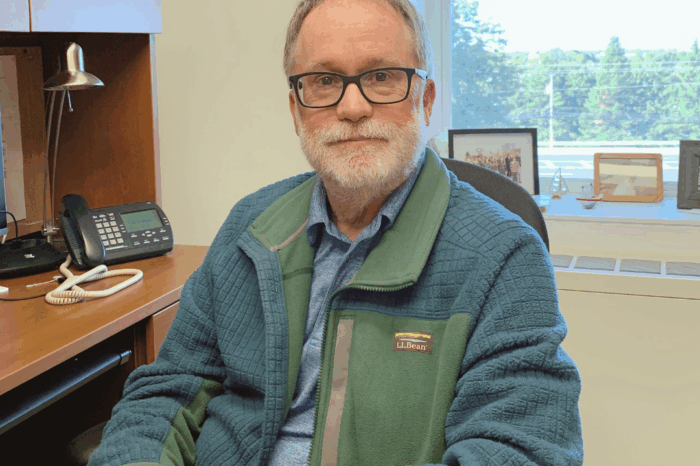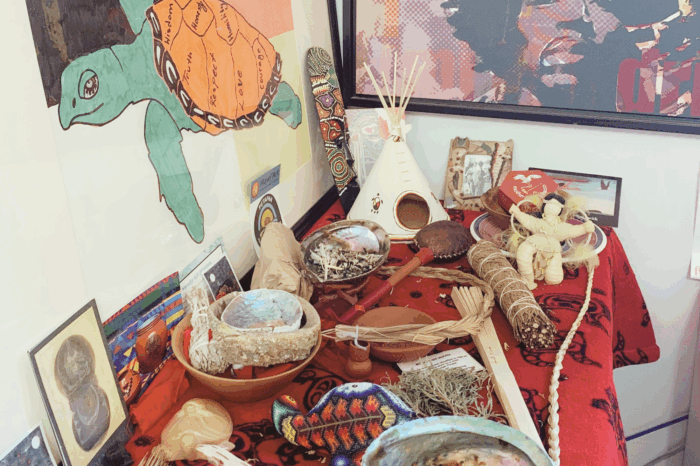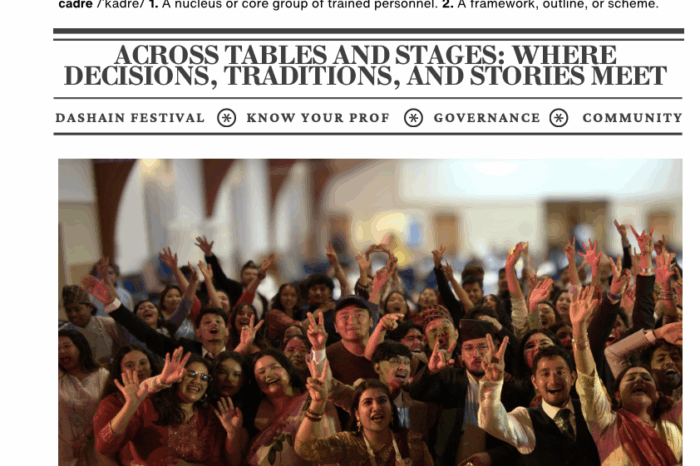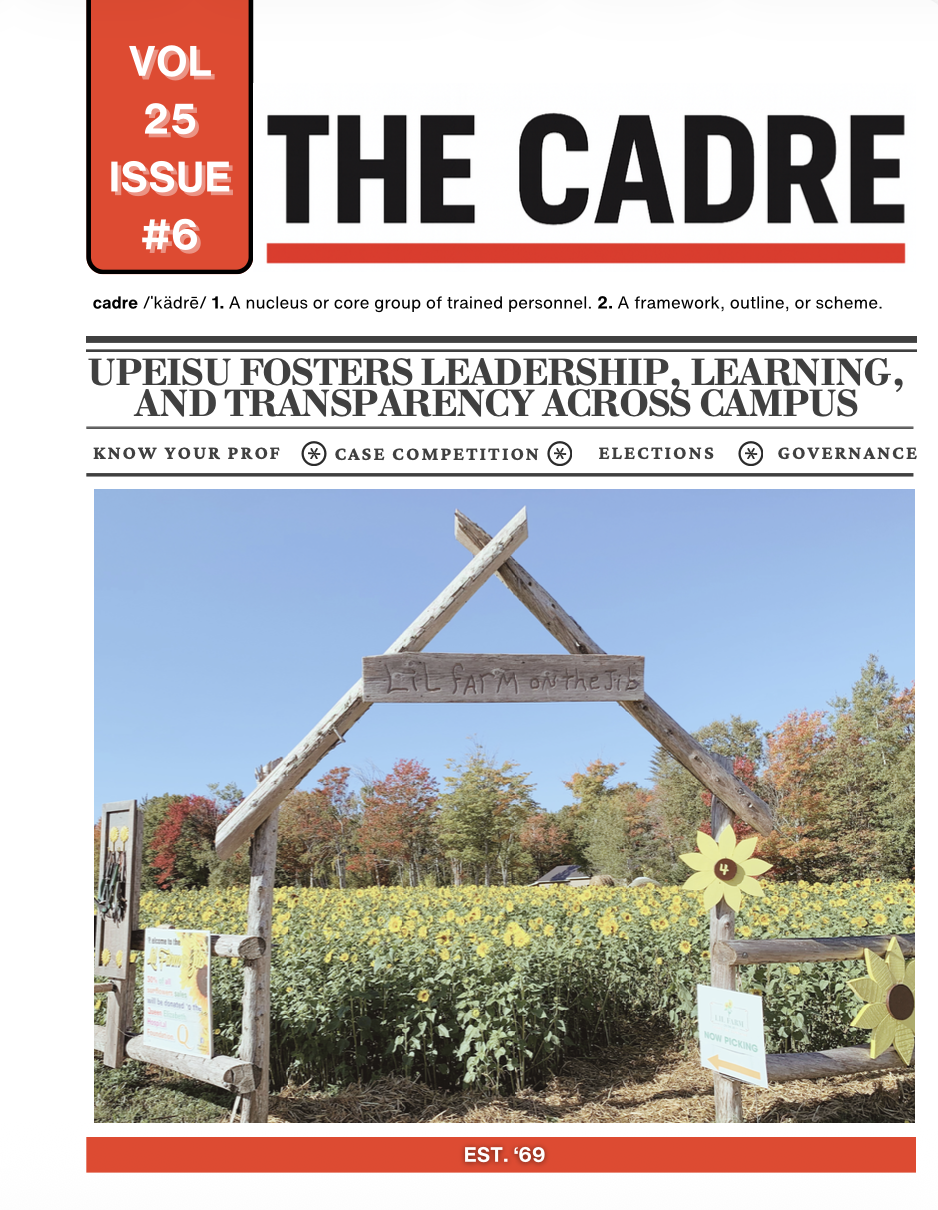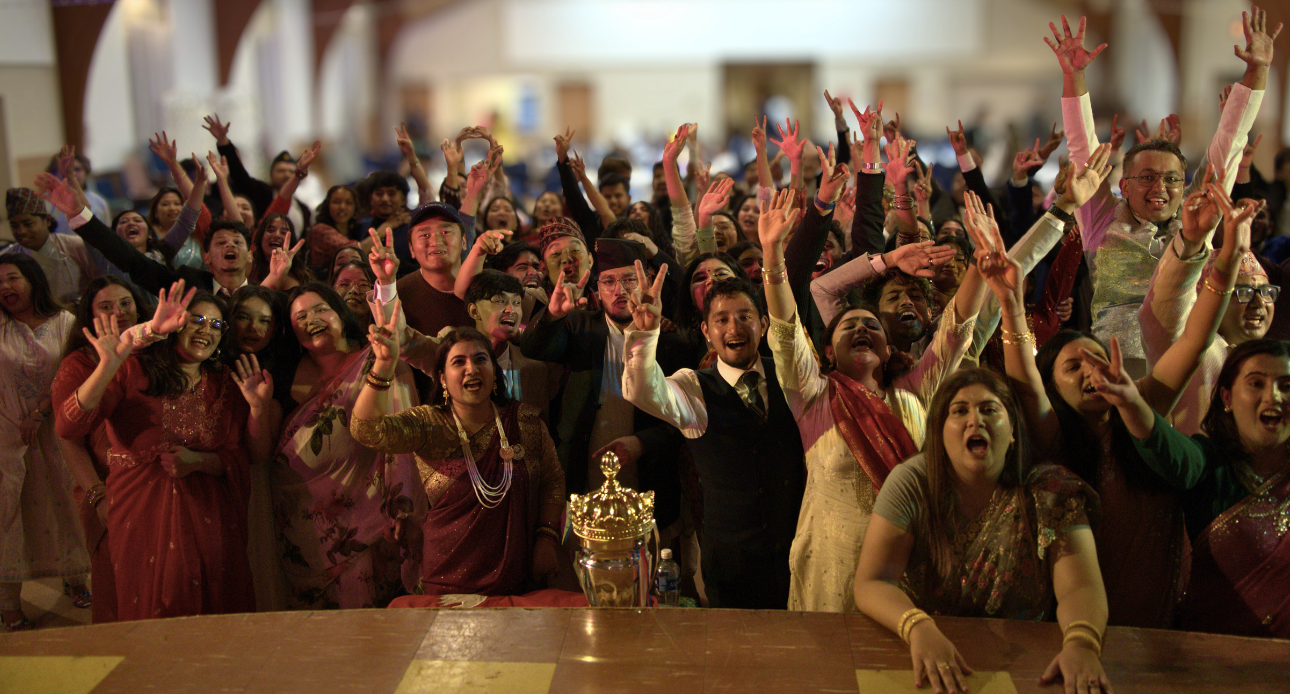UPEI Marks National Day for Truth and Reconcilliation
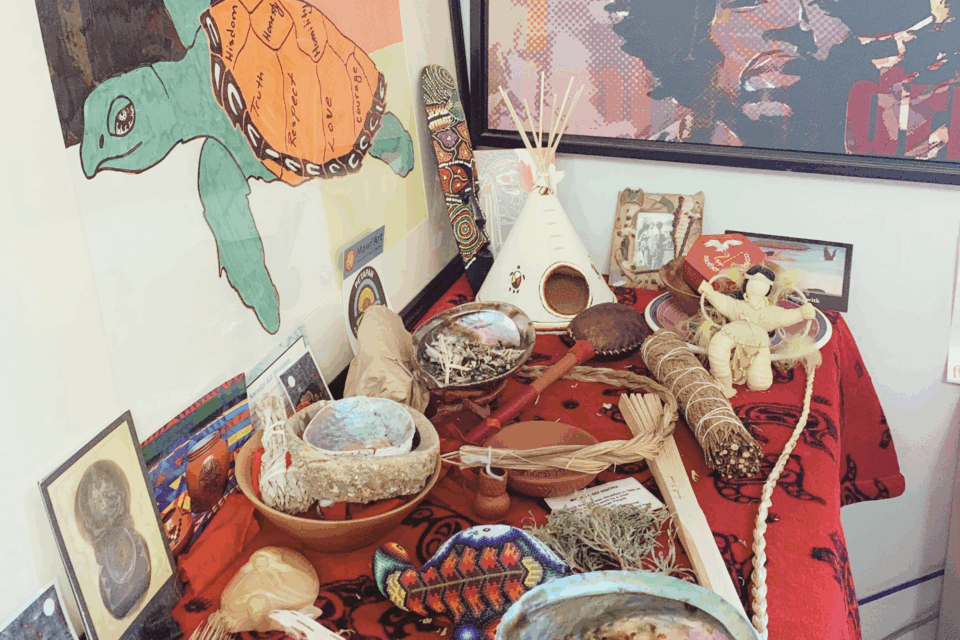
Every year on September 30, people across Canada pause to reflect on the National Day for Truth and Reconciliation. The day honours the survivors of residential schools, remembers those who never came home, and invites all Canadians to continue the work of reconciliation. At UPEI, this year’s events include opportunities for students, staff, and faculty to learn, reflect, and show support.

Screenshot
The UPEI Bookstore is once again selling orange shirts, a powerful symbol of solidarity inspired by Phyllis Webstad’s story of her orange shirt taken away on her first day at residential school. The shirts are sourced locally from Indigenous PEI in Charlottetown, with youth sizes available for $18.00 and adult sizes for $28.00. Wearing orange is a simple but meaningful way to show awareness and respect.
Students are also invited to take part in Canvas for Reflection on Monday, September 29, from 11 a.m. to 3 p.m. in the concourse of the W.A. Murphy Student Centre. This activity provides space to write or draw a thought, word, or image that honours Truth and Reconciliation. Participants can choose to keep their canvas or display it in the Murphy Centre for the community to see.
To gain deeper insight into what this day means for our campus, I spoke with Professor David Varis of the UPEI Faculty of Indigenous Knowledge, Education, Research, and Applied Studies (IKERAS). Professor David, whose spirit name is Strong Running Buffalo, has been at UPEI since 2002 and has long been involved in teaching Indigenous history and culture. He describes his career path as “non-traditional,” having first worked in the federal public service, primarily in corrections, before moving into academia.

Since the establishment of the IKE’RAS Faculty in 2021, UPEI has made significant strides in reconciliation education. A key step has been the introduction of a compulsory course on Indigenous history and culture, something only a handful of universities in Canada have adopted. “We are now providing students with cultural competencies that will enhance their careers,” Professor David explained. “They’ll understand Indigenous histories, protocols, and worldviews, and they’ll be equipped to engage confidently with Indigenous communities.”

Professor David shared a quote from Murray Sinclair, the lead commissioner on the Truth and Reconciliation Commission of Canada, saying, “If we can’t reconcile Indigenous and non-Indigenous relations, how are we going to deal with bigger issues?” He also shared the principle of relational accountability, a teaching that reminds us we are responsible not only to other people but also to the environment and all living beings. “The world is a very fragile place,” he noted, “and we all have a responsibility to move forward together.”
As UPEI students prepare to mark Truth and Reconciliation Day, opportunities like the orange shirt campaign, the reflection canvas, and conversations with faculty such as Professor David remind us that reconciliation is both a personal journey and a collective responsibility.
